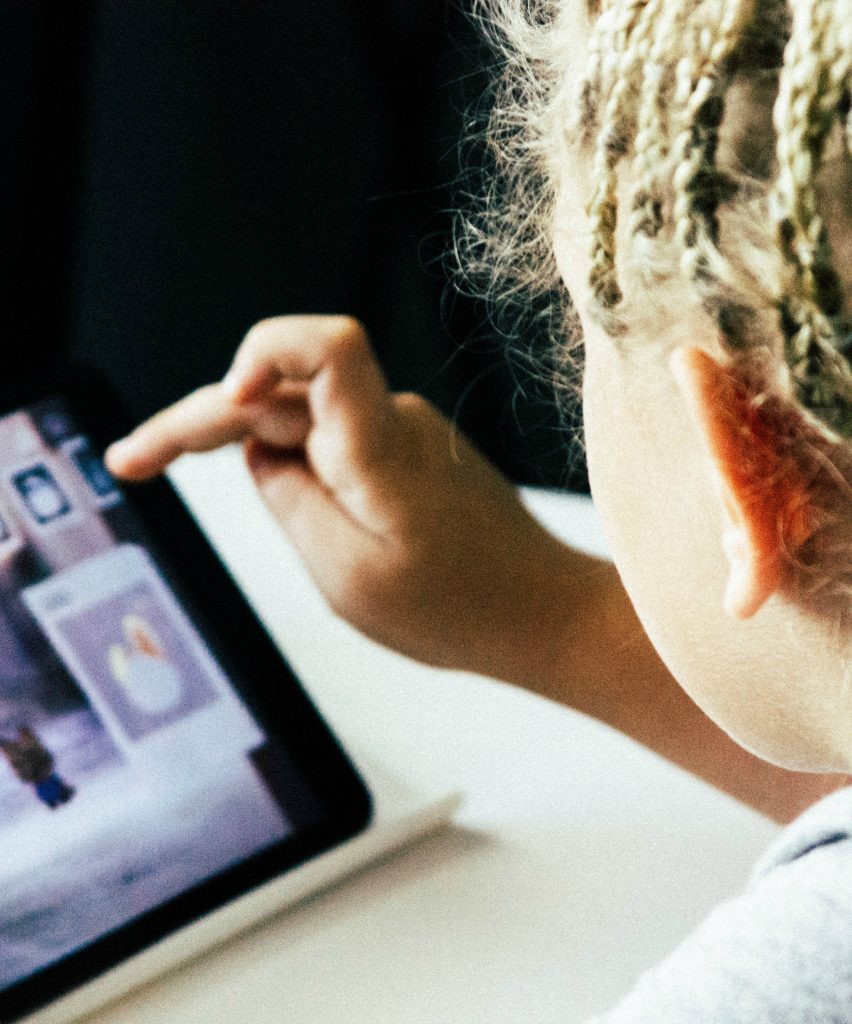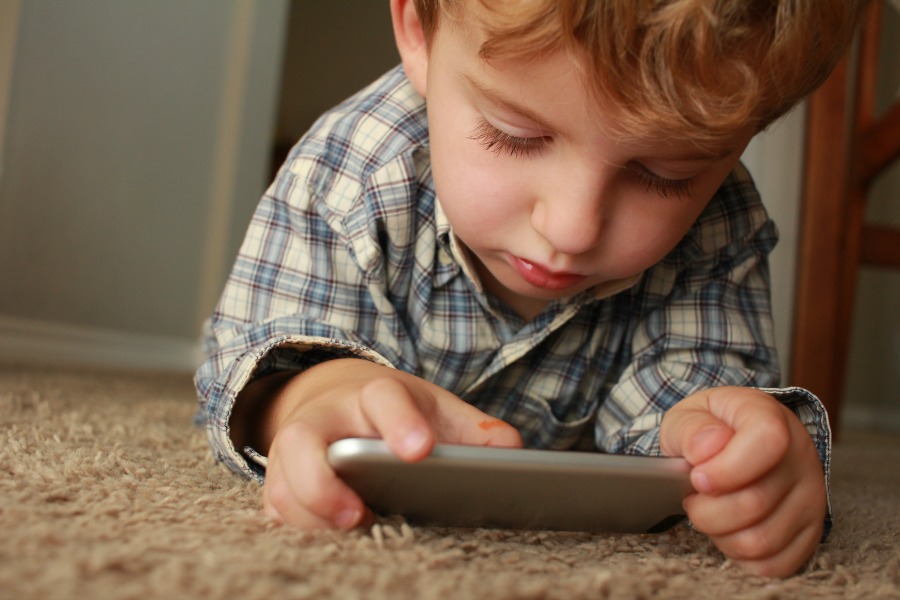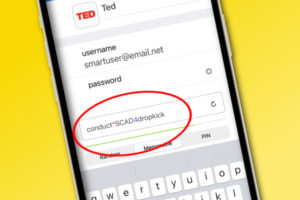Since reading Anya Kamenetz’s interview with Jordan Shapiro on NPR, I’ve made some heavy shifts in how I’m approaching screen time with my kids. For the years that they’ve been on video games, tablets and most recently, their own phones, I’ve been all about screening the apps and YouTube videos myself, then limiting the time they spend on them. I’ve also pushed back on social media requests until they’re at the appropriate age (usually 13), which seemed like a very common thing in our Out Tech Your Kids Facebook Group.
Related: Kids and screen time – What are the experts saying?
But after reading the interview on NPR, I realized that neither of my approaches really teach kids the skills they need to regulate their own screen time use. Nor do they educate them on how to consume social media, particularly the rules, regulations, and as well all know, nuance that it requires to be an active, positive participant.
What do we think magically happens at 13? How are they suddenly ready to be on Snapchat? Or Instagram? And yes, I will ask the age old question: Do we want them to learn about these things from us, or their friends?
What Shapiro poses (amongst other fascinating things) is that kids need to be a part of the process much earlier than we’re allowing them. We’re raising digital natives, after all, and therefore, their experience with technology is going to be vastly different than ours.
We parents might be making a mistake when we create arbitrary rules of non-engagement for our kids. We’re missing out on huge opportunities to raise a generation of smart, tech-savvy kids who can balance their online and offline life, and single-handedly change the tone of online interaction and behavior. As Shapiro says, “If we want to get rid of the horrible stuff happening on Twitter right now, then we need to model it for kids when they’re 7 and all they want to do is be like their parents.”
Related: Curb your screen addiction with this technique that really works

So what does this mean exactly?
Well, for starters, we should be modeling balance for our kids, when it comes to own screen time. If we’re always on our phone and tablets without any sort of regulation, we’re showing our kids that it’s okay. Teach them that it’s okay to waste time on social media for an hour, and read a book. Take up a non-screen related hobby yourself so that they see how living in a digital world doesn’t mean your phone is attached to your hand at all times. Don’t answer texts right away. Turn off your notifications sometimes (or all the time). And also, be okay with your child showing you something funny they saw on Snapchat at dinner time. Tech is here to stay, and as much as I totally appreciate screen-free meals and bedtimes (and lots more in between), our total aversion and visible disdain could turn out to be our worst enemy.
Next, we should be consuming social media along side our kids from an earlier age. Let them sit next to you when you’re on Facebook or Instagram. Point out posts and videos that are awesome, and ones that aren’t (then show them how to hide and block). Teach them how to leave comments that foster discourse and discussion, rather than instantly shut it down. When they’re ready, give them their own account — maybe on your phone or on a family phone or tablet — so that they can begin to experiment and stretch their own muscles in a relatively safe environment. That means, private account, monitored by you, maybe even collaborative until they get a handle on it. Too often, parents upload an app, follow their kids “for safety,” and let their kids figure out everything else.
And finally, we should be teaching our kids to be creators, not just consumers. Instead of watching YouTube videos, show them how to make them. You’ll find no shortage of art studios and camps offering everything from graphic design courses to video editing, not to mention various online resources with similar opportunities. Kids can learn app design, coding, and Photoshop, just to name a few. Instead of demonizing all time on screens, we can flip the narrative and prepare our kids for the future. Isn’t that what parenting is, after all?
We can either hold on tight and let them drag us along, or we can take the bull by the horns and empower our kids with the knowledge that they’ll need to make smart decisions and thrive in a digital world.
Top Photo by Hal Gatewood on Unsplash; Middle Photo by Igor Starkov on Unsplash







Love this article! My kids have had devices for years – we got them iPods because we travel a lot and it’s a great way to have a few games and movies, as well as their own camera, all in one small package. But, some of their friends have zero experience with devices and we notice that when they come over to play, I have to remove the screens because that’s all those kids want to do. For mine, it’s no big deal and they have rules surrounding usage. My kids have learned to make stop action movies and YouTube videos, they’re interested in photography and photo editing, it’s really cool! Anyway, I think ‘taking the bull by the horns’ is a great approach! Thanks!